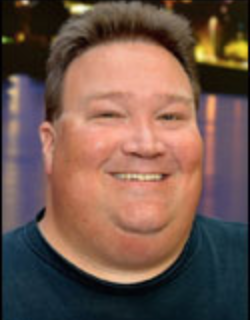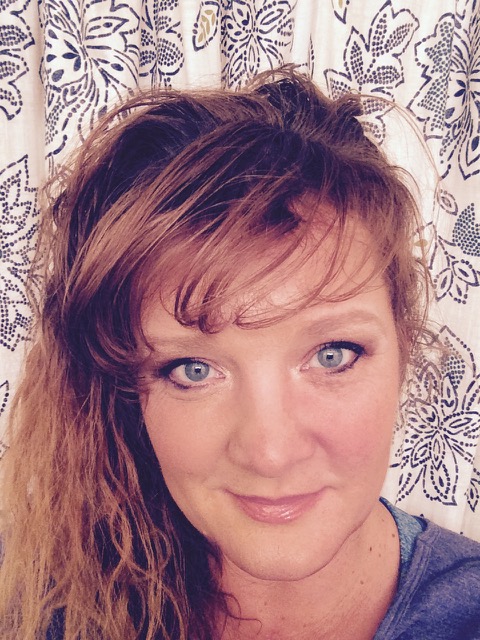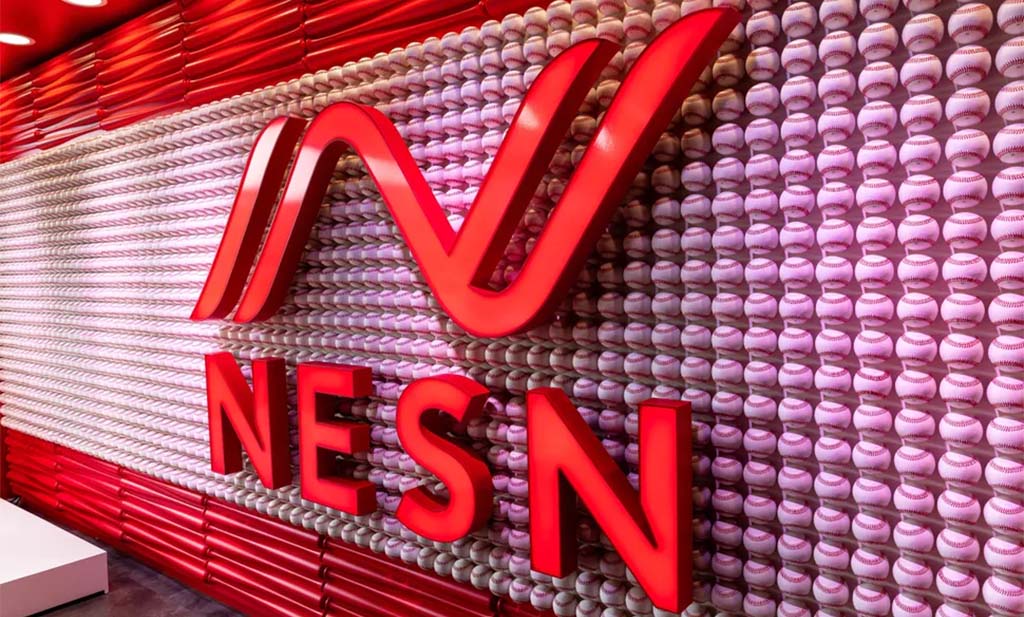Why Engineering Training and Mentorship Matter in 2019
Following in the footsteps of an older brother—and now focused on the importance of training and mentoring new professionals—engineer Chris Tarr is stepping up to serve on the board of the Society of Broadcast Engineers.

This seat opened when Kim Sacks, CBT, resigned her position on the board. Known as an engineer with “boundless energy for broadcast engineering” (so said SBE President Jim Leifer upon Tarr’s appointment), Tarr will bring a cadre of technical acronyms to the position—among them CSRE, AMD, DRB and CBNE—as well as a list of new priorities for the SBE Mentorship Program.
Tarr spoke with TV Technology's sister publication Radio World about the recruitment challenges the industry faces, why the organization’s Mentorship Program is so important and how he first got bit by that bug known as radio.
Q:How did you get started in broadcasting? What do you find appealing about this community?
Chris Tarr: I actually got “bit” by the radio bug when I was nine years old. My older brother was a morning show host, and I went to visit him. As soon as I stepped into the studio, I was hooked! I started working in radio on the air at 16, but at the same time I learned all I could about the technology and spent lots of time helping out the engineers.
Not only do I love being able to work with such creative people, I also love that I can use technology to remove the barriers that exist when these people try and create compelling content for their audiences. I also very much enjoy the camaraderie that exists between broadcast technicians. I’ve yet to meet someone who wasn’t willing to drop everything to help a peer when needed.
Q:What are you most looking forward to when it comes to participating as a member of the board?
Get the TV Tech Newsletter
The professional video industry's #1 source for news, trends and product and tech information. Sign up below.
Tarr: This is actually my second time around on the board. I was elected to a term on the board in 2006 and chaired the technology committee. Just like then, I look forward to representing the many hardworking technology professionals in the field.
We often fight an uphill battle trying to get stakeholders to understand the challenges in bringing new technicians into the field, and how well trained technical professionals can do more than just fix what’s broken. We can do many things to improve operational efficiencies as well as the bottom line.
Q:What is the SBE Mentorship program? How will you be involved?
Tarr: The Mentorship Program was developed by the SBE to address the decline in numbers of technical professionals. There really isn’t much in the way of training or education for new professionals, especially in the broadcast disciplines. There are a lot of great IT people out there who are starting to look at a career in broadcast, but there isn’t a real obvious educational track. Just like how the SBE took the lead in professional certification, the Society looks to take the lead in education and training.
Kim Sacks was the chair tasked with creating the Mentor Committee and has done a spectacular job in launching the program. I signed up from the start to be a mentor, and have two mentees that I am teaching. With Kim leaving the board, I will take over as chair and work on growing and improving the program.
Q:What steps are you planning on taking to help further the Mentorship program success?
Tarr: One of the things I’m working on right away is personally presenting the next webinar for the mentees on proper business conduct. I’m also working with the committee on creating a more formal training program with the mentors and mentees when they join the program to make sure that this excellent benefit is used to its fullest potential.
It’s important that the mentees know how to ask the right questions, and for the mentors to be sure that they’re forming a relationship that hopefully lasts a lifetime. I also want to create opportunities for “skill-set” mentors—people who may not want to take on a full mentorship role but could be a resource for mentors and mentees on specific topics.
Q:What do you think are one or two of the biggest issues that SBE should be tackling as we head into 2019?
Tarr: Spectrum management is always on the radar. The cellular and ISP industries have a voracious appetite for RF spectrum. The SBE has been an excellent voice for the broadcast industry in front of the FCC and other organizations, making sure that we’re heard. That is only going to become more important.
I also think that we have a very real looming crisis in terms of the workforce. Technicians are leaving the industry faster than they can be replaced. It won’t be long before we’re going to see jobs unfilled across the country.
Q:What is it about the SBE organization that makes it a vital component within the broadcasting industry?
Tarr: As I mentioned earlier, there is no organization more active in protecting our interests with the FCC than the SBE. So many times threats to our spectrum have popped up and the SBE was there speaking up.
I’m also a deep believer in the SBE certification program, especially with the FCC no longer having a licensing requirement. It’s a fantastic way for non-technical people to immediately know that they’re dealing with a knowledgeable technical professional when they see those certifications.
Q:Do you have any other key goals you’d like to share?
Tarr: Being appointed to the board is a bit different than being elected. I really appreciate the confidence that SBE President Jim Leifer and the executive committee have shown in me by their appointment. I plan to show them and our members how passionate I am for our industry and the professionals in it, and what the future holds for us.
Susan Ashworth is the former editor of TV Technology. In addition to her work covering the broadcast television industry, she has served as editor of two housing finance magazines and written about topics as varied as education, radio, chess, music and sports. Outside of her life as a writer, she recently served as president of a local nonprofit organization supporting girls in baseball.

